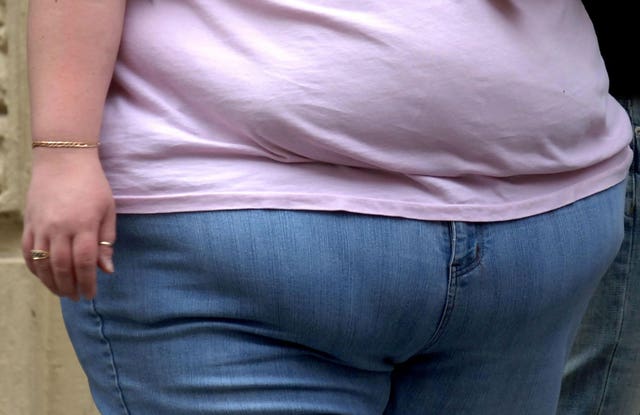
Tesco has responded to investors calling for it to boost sales of healthy food and drink amid growing evidence that the UK’s obesity problem has worsened during the Covid-19 crisis.
A consortium of investors, led by responsible investment NGO ShareAction, filed in February what is thought to be the first nutrition-based shareholder resolution at a FTSE 100 company.
Tesco, which is the UK’s biggest grocery retailer with market share of just under 27%, on Friday announced it had committed to a “major new programme of reformulation” to improve the health profile of its products by 2025.
The company aims to increase sales of healthy products as a proportion of total sales to 65%, which is an increase from the current level of 58%.
Tesco plans to change its ready meals so at least two-thirds of them contain at least one of the recommended five pieces of vegetables or fruit that people should eat each day.
And it also wants to up the sales of plant-based meat alternatives by 300% as it aims to ensure more meal options for consumers.
It follows ShareAction saying there was growing concern among some investors about the long-term impact actions big retailers are having on public health.
The group led shareholders last month in calling on the retailer to cut its reliance on junk food for sales growth, emphasising that new health regulations likely to be imposed following the pandemic pose a risk to profits.

If passed at its AGM this summer, it would force Tesco to disclose what proportion of its overall food and soft drink sales are made up of healthy products.
It would also require the chain to develop a strategy to significantly increase the ratio of healthy to junk food sales by 2030, and publish a review of its progress each year from 2022.
Before the pandemic, around 90,000 people died from diet-related diseases in the UK every year, according to a 2019 study.
An estimated 4.7 million people have diabetes – 90% of which is type 2.
Obesity has now emerged as one of the biggest risk factors for acute cases of Covid-19, with severely obese people three times more likely to be admitted to intensive care with the virus.

In response, the Government is considering a series of measures to tackle the problem, including legislation to curb sales of junk food.
Among the proposals are an end to promotion of foods high in fat, salt or sugar by restrictions on offers such as buy one, get one free.
There could also be limits on placing junk food products in prominent positions, both in physical stores and online, to reduce impulse buys.
Tesco Group chief executive Ken Murphy said customers had expressed they wanted to eat “a more healthy, sustainable diet, but without having to stretch the weekly shopping budget”.
“We’ve worked hard to help our customers eat healthily and we’re proud of our track record, and it’s clear we can do more,” he said.
“Today we are sharing our stretching new ambitions on health, and committing to reporting our progress against them.”
Tesco will report its progress towards the 2025 goals annually, with the first Little Helps Plan update due in May.


Comments: Our rules
We want our comments to be a lively and valuable part of our community - a place where readers can debate and engage with the most important local issues. The ability to comment on our stories is a privilege, not a right, however, and that privilege may be withdrawn if it is abused or misused.
Please report any comments that break our rules.
Read the rules hereLast Updated:
Report this comment Cancel